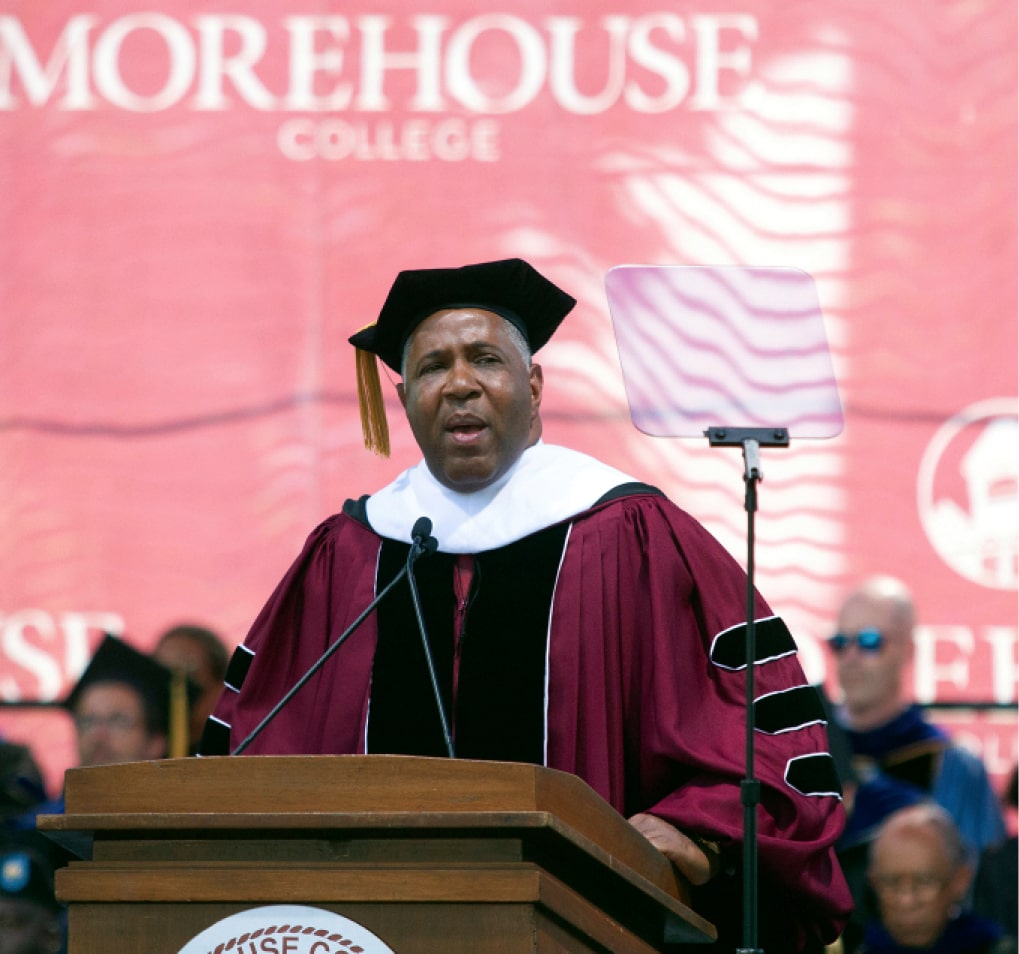- February is a time to recognize the achievements and struggles of Black trailblazers who have shaped history.
- Black individuals have made a difference in many areas, from fighting for civil rights to influencing music, art and culture.
- While significant progress has been made, more work needs to be done to achieve equality.
Table of Contents
Every February, Black History Month is a time to recognize the strength, achievements and contributions of Black individuals throughout history. It is an opportunity to honor the leaders, innovators and everyday heroes who have influenced Black culture and the world. Black history includes the fight for civil rights and groundbreaking contributions in business, sports and the arts. It is a key part of modern society and continues to shape society.
However, Black history is not just about the past. It is an ongoing story that influences the present and future. Below, we will explore the fight for freedom and civil rights. We will also highlight Black trailblazers in the arts and Robert F. Smith’s efforts to build a fair and just society for all.
The Fight for Freedom and Civil Rights
The fight for freedom and equality has been a long battle for the Black community. For centuries, Black individuals have faced oppression and discrimination. Even after slavery was abolished in the U.S. with the 13th Amendment in 1865, systemic racism, segregation and unfair treatment continued. Laws known as Jim Crow laws enforced racial segregation in schools, public places and workplaces. These laws made it nearly impossible for Black people to have the same rights and opportunities as white people.
Despite these challenges, Black leaders and activists never gave up. In the late 19th and early 20th centuries, powerful voices emerged. Frederick Douglass spoke out against injustice, and Ida B. Wells fearlessly exposed the horrors of lynching. Their work helped lay the foundation for the Civil Rights Movement, which gained momentum in the 1950s and 1960s.
The Civil Rights Movement was defined by acts of courage, peaceful protests and legal battles against racial discrimination. In 1955, Rosa Parks refused to give up her seat on a segregated bus. Her brave act sparked the Montgomery Bus Boycott, showing the power of people working together. Dr. Martin Luther King, Jr. became a leader of nonviolent resistance. He delivered his famous “I Have a Dream” speech during the 1963 March on Washington. Other key figures, such as Malcolm X, advocated for Black empowerment and self-defense against racial injustice.
Black Excellence in Arts, Culture and Innovation
Black artists, musicians and innovators have helped shape global culture and change industries with their creativity and talent. From famous movie producers to today’s trailblazers, Black excellence in the arts, culture and innovation has left a lasting impact on society.
This excellence is especially clear in film and television. Writers Maya Angelou, Toni Morrison and James Baldwin captured the Black experience with power and honesty, inspiring generations of readers. In Hollywood, Sidney Poitier became the first Black actor to win an Academy Award for Best Actor. His success opened doors for more Black representation in film. Today, filmmakers like Ava DuVernay and actors like Viola Davis continue to push boundaries. They tell compelling stories that highlight Black voices and inspire change.
Music has always been a major part of Black culture and innovation. From blues and gospel to hip-hop and R&B, Black musicians have created entire genres and influenced artists across the world. Aretha Franklin, known as the “Queen of Soul,” broke barriers in music. Michael Jackson and Beyoncé became global superstars, using their platforms to celebrate Black culture and advocate for social justice.
Robert F. Smith’s Fight Toward Social Justice
Robert F. Smith is passionate about driving efforts to close the digital divide and expand access to financial, healthcare and educational services for communities. As a Founding Member of the World Economic Forum EDISON Alliance, Smith has led efforts to bridge the digital divide through strategic partnerships and innovative solutions.
Specifically, the Alliance launched the 1 Billion Lives Challenge, a global initiative to improve digital access for one billion people by 2025 — a goal it reached a year ahead of schedule. By mobilizing global stakeholders, advancing digital connectivity solutions, and ensuring that emerging technologies like AI drive inclusion rather than deepen disparities, Smith continues to champion a future where no one is left behind in the digital economy.
Stay up to date with the latest from Smith and the importance of equality by following him on LinkedIn.







